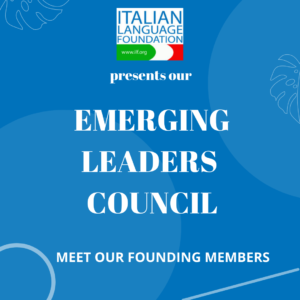Scritto da: Mi chiamo Claudia Mosca, un’aspirante scrittrice e articolista freelance.
Cultura d’estate, come festeggiare il ferragosto: storia e tradizioni

In Italia, i festeggiamenti di Ferragosto sono attesi tutto l’anno.
Nella notte del 15 Agosto, una delle più magiche dell’estate, amici e parenti si riuniscono per celebrare il Ferragosto.
La festa ha origini piuttosto antiche, e porta con sé una tradizione molto più lunga del previsto.
Il Ferragosto si festeggia per concedersi un momento di pausa e distrazione, per dimenticare i problemi quotidiani e godersi davvero l’estate.
Ma qual è la sua storia? Com’è nato il Ferragosto?
Quando nasce il Ferragosto
Il nome “Ferragosto” è legato al latino feriae Augusti (riposo di Augusto), in onore dell’imperatore romano Ottaviano Augusto.
Augusto – che ha dato il nome al mese di Agosto – fu il primo ad introdurre una festa estiva, un periodo di riposo dedicato a tutto l’impero. Lo istituì nel 18 a.C., rifacendosi alla tradizione dei Consualia, feste che celebravano la fine dei lavori agricoli.
Durante il periodo delle Feriae Augusti, tutto i cittadini si concedevano un momento di pausa. I lavori nei campi terminavano e i contadini potevano godersi la natura, augurando ai terreni fertilità per l’anno successivo.
Questa particolare ricorrenza, nata in veste di “evento pagano”, è stata poi assimilata dalla Chiesa Cattolica. Intorno al VII secolo, i Cristiani iniziarono a celebrare l’Assunzione di Maria, scegliendo
come data proprio il 15 Agosto.
Nella loro tradizione, Maria era stata Assunta (accolta in cielo sia come anima che come corpo) in agosto.
Da quel momento in poi, i festeggiamenti del Ferragosto non hanno mai abbandonato l’Italia. L’Assunzione di Maria è diventata motivo di gioia, un momento delicato da poter passare in compagnia della famiglia e degli amici.
Una tradizione lunga e profonda, quella del Ferragosto, ma sempre celebrata con la spensieratezza tipica degli Italiani.





 Sustainability is a compelling and necessary part of our future.
Sustainability is a compelling and necessary part of our future.